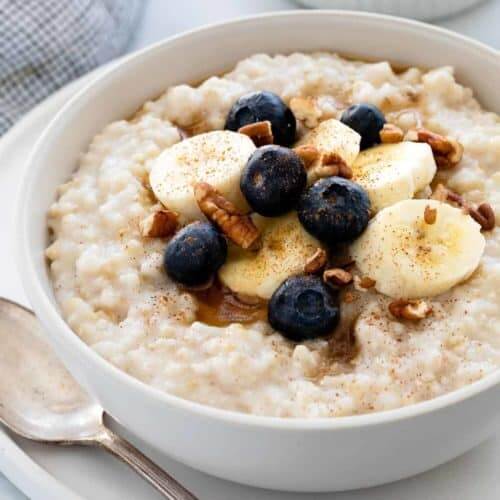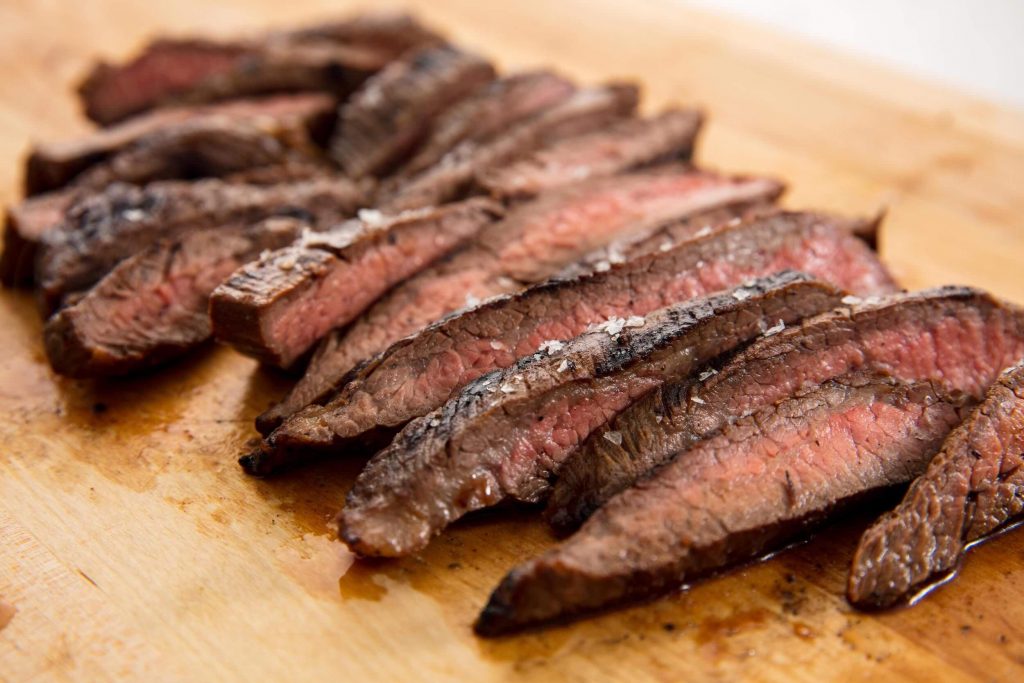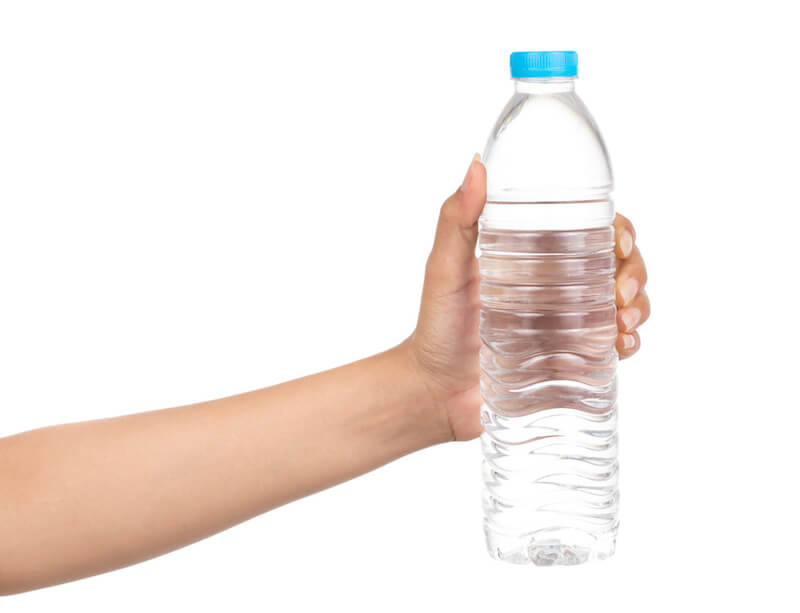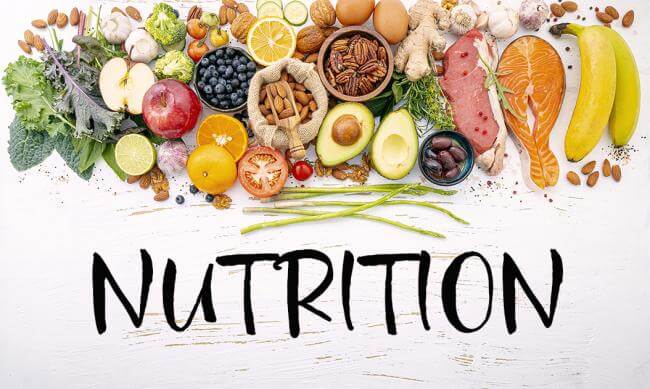If training is the key to building a strong rugby player, then nutrition is the keychain. Knowing what to eat pre and post-training makes an enormous difference to your results and what you get out of training.
However, it’s rare to see athletes who have a proper knowledge of nutrition and understand the basic science around what they’re eating. Thankfully we’re here to break down your post-gym nutrition to help you make informed choices and recover faster from each workout.
Carbohydrate

Carbohydrates are used by the body to create energy by being broken down into glucose and then transferred to cells in your body, replacing stored glycogen. However, when consumed in excess and without exercise carbohydrates are instead stored as fat.
For those who train hard, you should aim to consume 1g of carbohydrate per kg of body weight after your game or workout. The spike of carbohydrates will replace the glucose lost through your strenuous effort. Consuming sweet potato, carrots and brown rice provide a clean way to get your energy levels back up.
If it’s been a particularly tough session or game, you can forgo the whole grains and opt for refined wheat and pasta to cause a faster spike of glucose too quickly get your energy back up.
Take your training up a notch with our new rugby shorts, rugby t-shirts, rugby joggers and rugby hoodies!
Protein

Protein is the most important element of muscle repair, so aim for an intake of 20-40g of protein after exercise. It’s a nutrient composed of amino acids that are essential for building and phentermine maintaining musculature. Whey protein is the fastest digested form of protein when it comes to shakes, so consuming one immediately after training helps get your body recovering as soon as possible.
When it comes to food, you must include a good source of lean protein with your post-game meal. Chicken, lean beef or fish all contain a high amount of amino acids. Fish also contain omega-3 fatty acids that help your joint and brain health. For vegetarians, chickpeas, quinoa, and lentils are a good source.
Fluid

During the match, you’ll be losing fluids at an alarming rate, so it’s important to replace them lest you fall victim to dehydration. The capacity to perform high-intensity exercise drops by 45% if you’re dehydrated by just 2.5% of bodyweight.
Weigh yourself before and after a game – you should aim to consume 100ml of liquid for every 0.1kg difference in body weight to your pre-game weight. Electrolyte drinks can also help boost the fluids and minerals lost through sweat and are a good idea for short-term hydration.
By understanding your nutritional choices you’ll be able to make better decisions when it comes to what you eat following a match. Stick to a healthy, balanced diet but be aware of your body’s demands following a game.
P.S You can buy any 3 items from our new range for £50 (saving you £25), We ship globally too.
Use code “3for50” to apply the discount.

